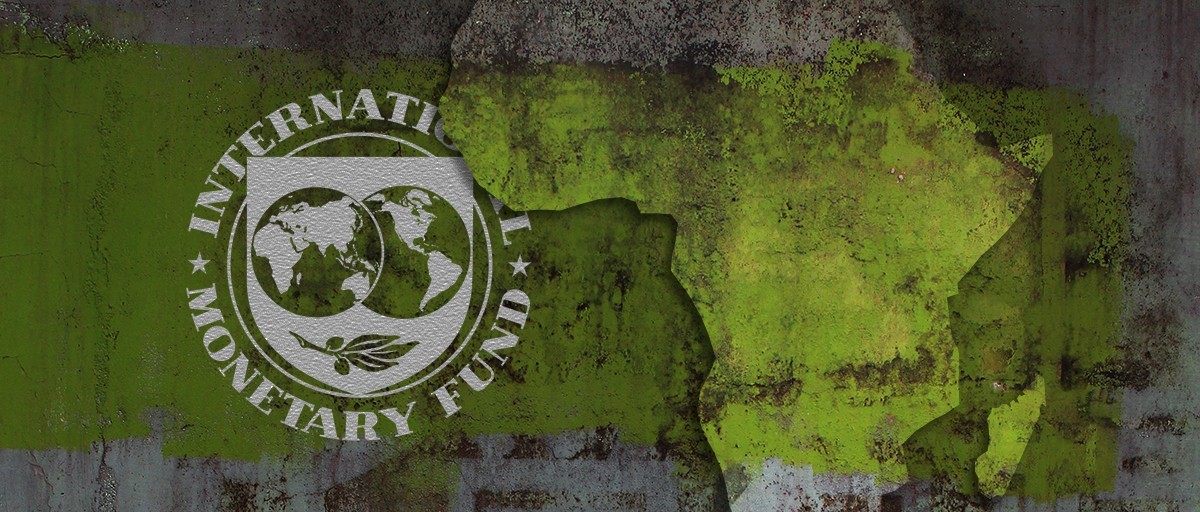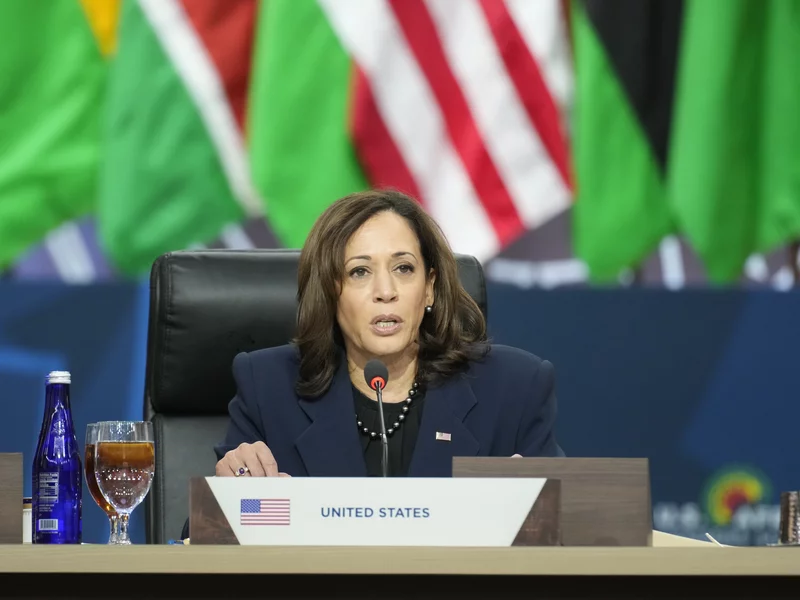Many, if not most, African economies have endured a torrid time over recent years, as their finances have been hard hit by two global crises – Covid-19 and the Russia-Ukraine war. As a result, numerous states across Africa have turned to the International Monetary Fund (IMF) for assistance.
Ghana is expecting to receive $3 billion dollars over three years from the IMF, if an agreement on a program is reached. The loan requested was double the amount of $1.5 billion the west African nation was requesting a month ago. “The Extended Credit Facility for low-income countries is the Fund’s main tool for medium-term support for countries facing protracted balance of payments problems, similar to Ghana’s,” an IMF spokeswoman said.
Last month, Ghana government announced a u-turn of an initial decision of not resorting to the IMF for support despite economic hardship hitting the citizenry. Consequently, a team from the IMF arrived in Ghana to start negotiations with the Ghana government. The government has since maintained to secure a good deal for the country.
This comes after Zambia announced it should soon access a 1.3 billion dollars IMF-support fund. The bailout was validated just after the southern African nation’s creditors, led by China and France, agreed to provide it with debt relief. IMF’s support plan had been signed in December 2021 but was suspended until the green light was given. Kristalina Georgieva, the IMF’s managing director, said that she was “very pleased” that the fund could be unlocked.
Meanwhile, in Kenya’s case, the IMF has recently based its loan to the country on three new conditions, which do not match the populist approach of the leading presidential aspirants — signaling a potential conflict between the multilateral institution and Kenya’s new government. These three conditions, known as structural benchmarks, include implementation of national tax policy, scrapping fuel subsidies and a push for Kenya Power to fully bridge its fiscal gap by 2023.
Last month, the IMF’s board also approved a $1.05 billion extended credit facility for Tanzania and plans to disburse $151.7 million immediately. The financing is the nation’s first IMF policy-reform funding program in a decade and comes after the Washington-based lender raised Tanzania’s risk of debt distress to moderate from low in September 2021.



